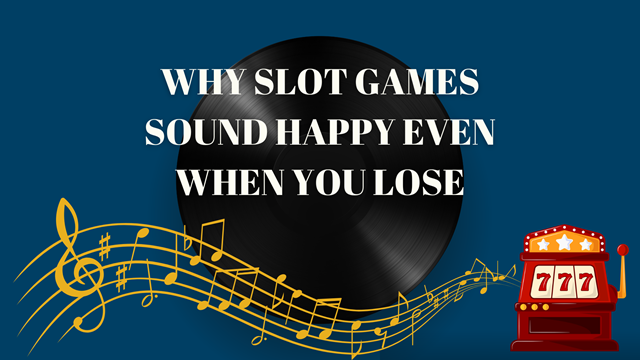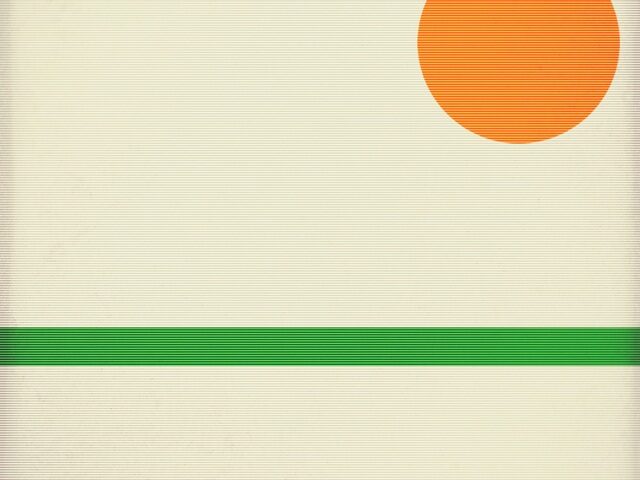
No instrument has ever been a necessity, for talented artists always find a means for audible manipulation. It sounds like such a conceited and disdainful word, but when manipulation is used as a means to promote unconditional enjoyment and legitimate artistic vision, is it really such a negative influence? Many artists are guilty of over-doing this when they attempt to cloak repetition, irrelevance, and/or incompetence through an overbearing amount of musical layers restrained in the same key to prevent true recognition of the effort’s simplicity. These efforts precede even monophonic linearity in value, since the type of manipulation employed here contains more malicious and superficial intent than those that put it to better use. To the contrary, the artists that recognize their ability as one strong enough to be interpreted through a mere single instrumental layer produce more virtuous and ambitious work than those bogged down in superfluous glamor. Unless an artist has a singular instrumental occupation (exclusively pertaining to either vocals, guitar, or bass, etc.), showcasing this confidence requires – at the bare minimum – a conventional instrumental arsenal. This is often seen as a rhythm section, being drum and bass, in addition to guitars. Everyone’s high school offered plenty of amateur groups with this strict arsenal, being the “coolest” and most accessible instruments available to that young and easily influenced demographic. To remove half of that arsenal would be absurd, right?
I Heart Hiroshima expresses a sort of youthful vigor that most artists lost in corporate hoopla have disassociated themselves with. Short bursts of excitement were sacrificed for developmental frustration, which alone can serve as an analogy for the aging process of these artists. Experience can play a role as a benefactor or detriment in this sense, especially as we wade through pretentious ideals concocted by those that value occupational duration over qualitative means, and I Heart Hiroshima appear genuine enough to avoid these standards based on duration of experience rather than the quality of it. The most evident skill this Australian trio have is the ability to make the most of what they have, which is not a bass guitar. Compiled of nothing more than vocals, guitars, and drums, their decision to exclude the bass guitar within their rhythm section is risky for a rock group of their nature, but it is not like it has never been done before. The White Stripes are perhaps the most popular example today, though even bands like The Cramps and The Doors made do without one. Ray Manzarek played the bass parts on keyboard when The Doors played live, exemplifying the type of positive audible manipulation that serves contrary to the aforementioned overburdening of multiple musical layers.

Like The Doors’ bass-less live method, I Heart Hiroshima are able to deliver a full-bodied and explosive sound without one of the most integral concepts of rhythm in rock music at their side. Considering their emphasis is on a gritty and excitable blend of post-punk and frenzied art-rock, two genres highly dependent on bass, it is extraordinary how well the trio pulls off their second full-length album, The Rip. Recorded in their native Brisbane and released last month, it continues upon a form of punk music highly influenced by the short but dense works of Wire, Gang of Four, and Mission of Burma, all while retaining a sense of contemporary indie-rock theatrics. The slick guitar progressions, ceaseless whimpers, and alternation between spoken-word and melodic aggregation seem to recall acts like Art Brut, Maximo Park, and The Rakes in their vigorously condensed approach. This is not to depict them as simplistic or effortless though, as tracks like “Reckless” depict a Talking Heads-like maneuver in which contrasting guitar progressions are aligned with a multitude of vocal presences to create a standstill between artsy examination and seamless, fun-filled enjoyment. This is precisely the reason why The Rip works so well; it manages to simultaneously be fun and creatively admirable.
One of the band’s digital single from this year, “Pink Frost”, seems to recall The Editors or Interpol with its reverb-heavy tremolos, repeated vocal fragments, and sullen meta-narrative. Apart from the lack of bass (which is brilliantly substituted by thick percussion and rhythm guitar), “Pink Frost” finds uniqueness through the group’s attentive vocal technique, which allows all three members to capitalize upon their varying deliveries and pitches. This is one of the album’s most prevalent strengths. For instance, drummer Susie Patten delivers on excellent vocal performance on “Red Hands”, a track where a three-chord progression evolves from droning simplicity to versatile storytelling. The transitions in timbre and pitch in the song’s last minute causes the repetition to make sense, as well as encourage the listener to pay more mind to Patten. Her unique vocal execution entails stutters, halts, and surprising changes in pitch, and it contributes immensely to the track’s minimalistic post-punk beauty. Bass is substituted for in intricately evolving guitar plucking, which almost ironically has a higher pitch than the lead melody. The lack of bass is hardly noticeable though, and as Patten shares vocal duties with lead guitarist Matthew Somers and rhythm guitarist Cameron Hawes listeners should become more aware of this group’s other inner-workings. The lack of bass is irrelevant when there is so many other positive forces at work. And thus, we have manipulation in the most qualitative sense of them all, one that allows the listener to enjoy the content due to a plethora of quality content and not an overburdening of irrelevance.
RIYL: The Pixies, Wire, Hüsker Dü, Mission of Burma, The Editors, Maximo Park, The Grates, Art Brut, The Rakes
——————————————————————————————
I Heart Hiroshima – Pink Frost
[audio:http://mineorecords.com/mp3/ihh-pin.mp3]——————————————————————————————
I Heart Hiroshima – Red Hands (live video)*
[audio:http://mineorecords.com/mp3/ihh-red.mp3]——————————————————————————————
I Heart Hiroshima – Neutron Popsong (live video)*
[audio:http://mineorecords.com/mp3/ihh-neu.mp3]——————————————————————————————
*Check out both live videos for Patten’s highly entertaining stage presence, which is also one of the main reasons to see I Heart Hiroshima live.






I love I heart hiroshima, and you can totally tell when some people are in it for real, and when some people are trying so hard. In fact, I agree 100%
To me Pink Frost seems to recall The Chills’ Pink Frost with its reverb-heavy tremolos, repeated vocal fragments, and sullen meta-narrative.
You do realise it’s a pretty straight cover, right?
yeah, i was actually looking for a mp3 to include but i couldn’t come across it. only thing i could find was http://www.youtube.com/watch?v=CAcZtIwnOXs
they fall under that same mission of burma + jangle-rock sort of category; their native go-betweens would also be a nice comparison for this cover. i just thought the cover provided good indication of what we may see next from this band, which looks to be a mixture of the excitable punk in “red hands” with the shimmering jangle-pop of the chills, go-betweens, and the like.
the rip is in stores so check it out
Fair response, sorry for maybe coming over, maybe not quite sarcastic, but not nice anyway.
Will do.
The only thing I hate about this article is the fact that you put ‘the’ infront of Editors. Come on now.